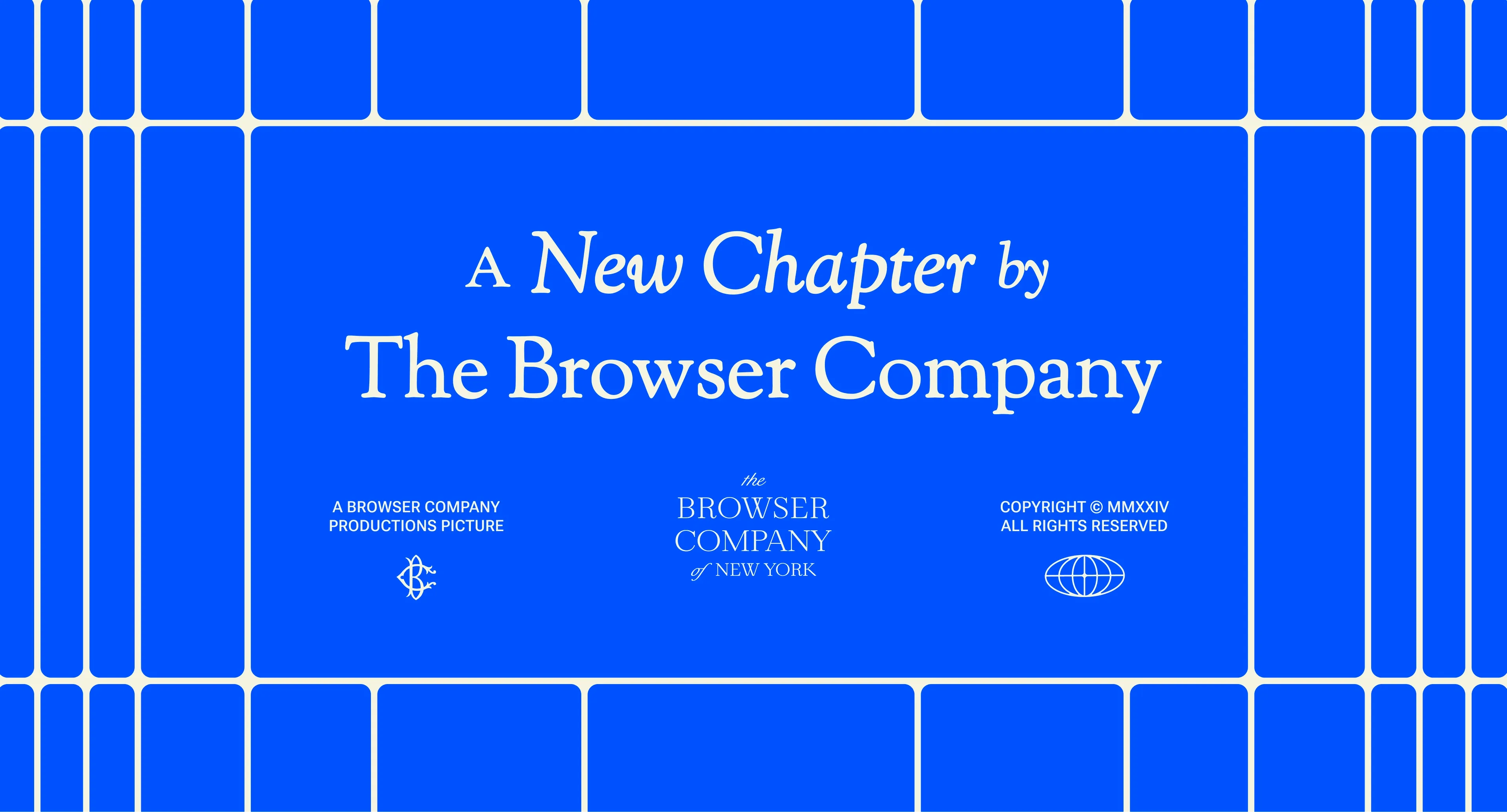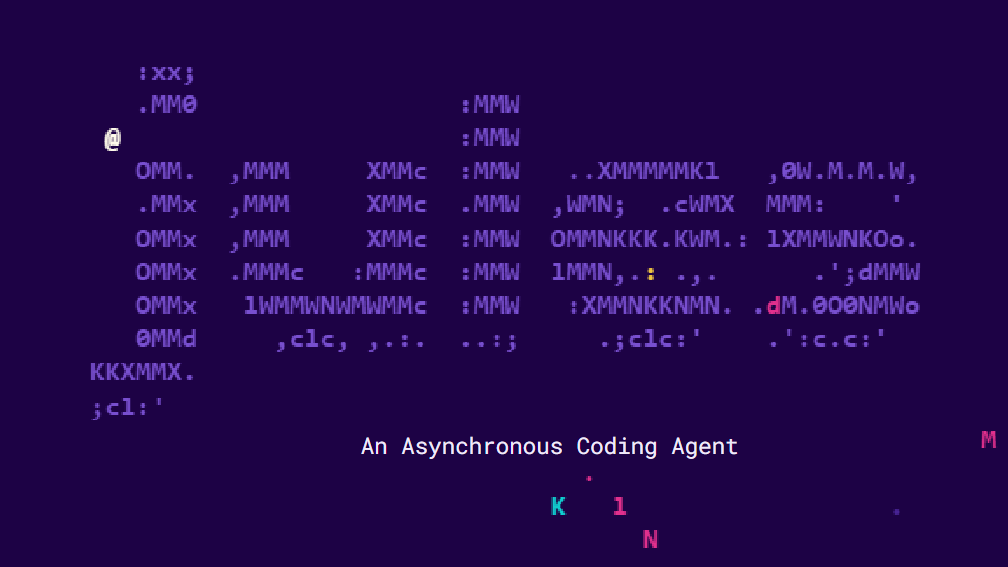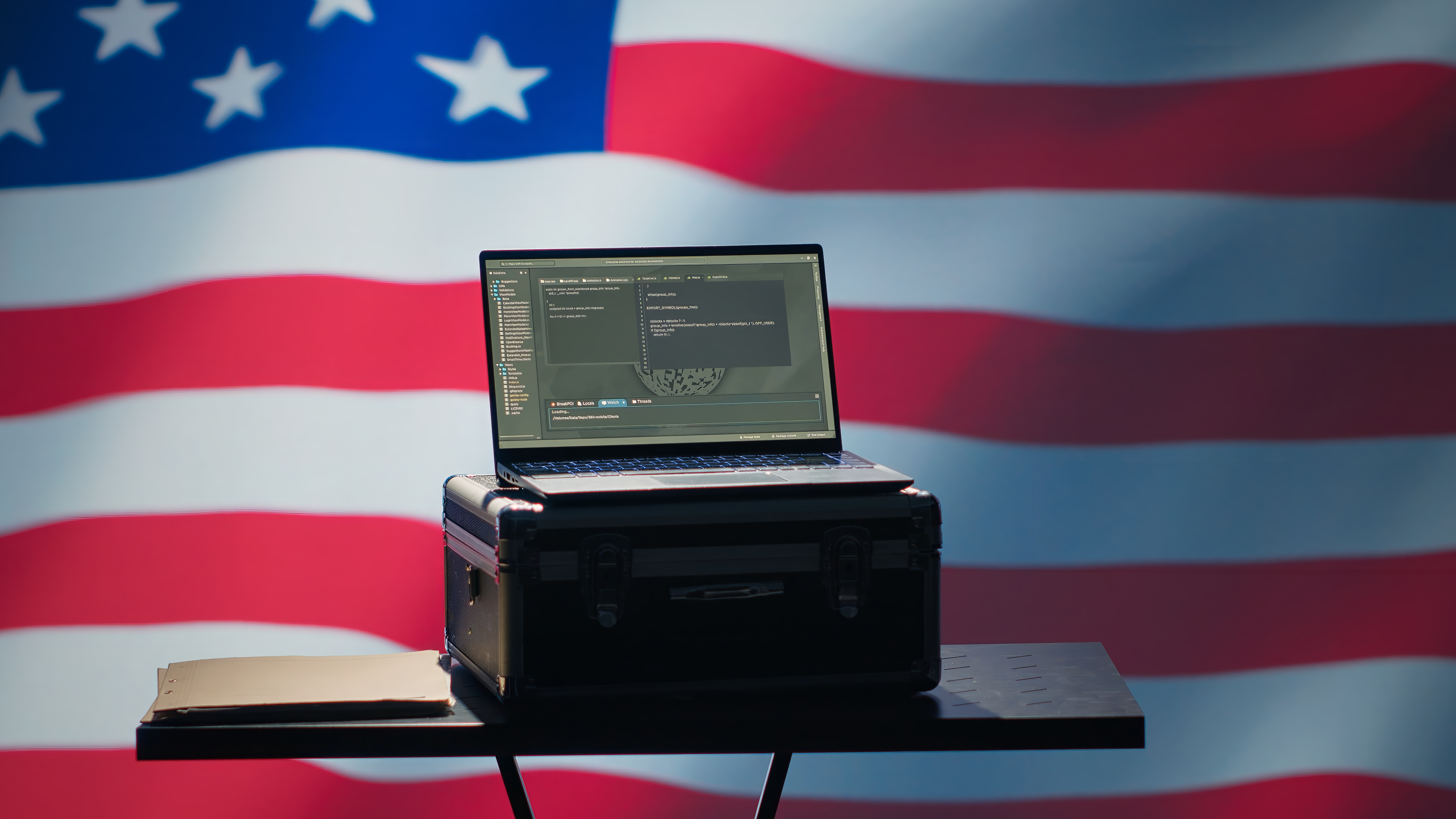A computer scientist has shown that robots can now write the brains of other robots, thanks to generative AI.
Professor Peter Burke from the University of California, Irvine, has demonstrated a drone capable of creating and hosting its own control system using AI-written code, significantly reducing the time usually needed to build such infrastructure.
The project used several AI models and coding tools to prompt the creation of a real-time, web-based command centre hosted on the drone itself. The final system, which runs on a Raspberry Pi Zero 2 W, allows the drone to operate independently while remaining accessible over the internet.
Unlike traditional systems, where ground control is handled externally, the drone manages its own mission planning and navigation through a built-in AI-generated website.
Burke’s team used tools such as Claude, Gemini, ChatGPT, Cursor, and Windsurf to build the system across several sprints. Despite context limitations in each model, the final version was completed in just over 100 hours, around twenty times faster than a previous project of similar complexity.
The final codebase consisted of 10,000 lines and included everything from flight commands to map-based interaction and GPS tracking.
Although the technology shows promising potential in fields like aerial imagery and spatial AI, experts have raised safety concerns.
While a manual override system was included in the experiment, the ability for robots to self-generate control logic introduces new ethical and operational challenges, especially as such systems evolve to operate in unpredictable environments.
Would you like to learn more about AI, tech and digital diplomacy? If so, ask our Diplo chatbot!










